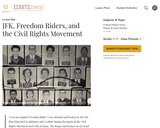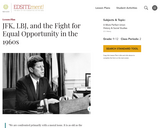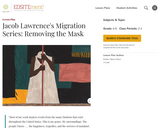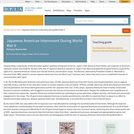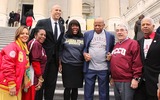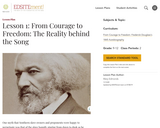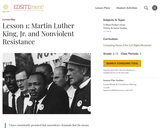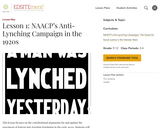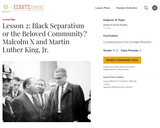This unit will introduce middle and high school students to LGBTQ civil rights with an emphasis on the struggle for marriage equality. They will learn about ideas, events, and individuals that influenced George Takei and his decision to come out as an advocate for LGBTQ rights and contextualize the fight for LGBTQ rights as an extension of the Civil Rights Movement. The unit will culminate in an essay assignment in which students will analyze how the discussed events, people, and ideas influenced the struggle for marriage equality.
2021 Social Science Standards Integrated with Ethnic Studies:
Civics and Government: 6.4, 7.5, 8.2, 8.5, 8.6, 8.8, 8.9, HS.1, HS.2, HS.7, HS.9
Historical Knowledge: 6.21, 8.22, 8.25, 8.27, HS.52, HS.58, HS.60, HS.63, HS.64, HS.66
Historical Thinking: 8.32
Social Science Analysis: 6.24, 6.28, 7.27, 7.30, 8.33, 8.34, 8.36, HS.71, HS.72, HS.73, HS.74, HS.77, HS.78
